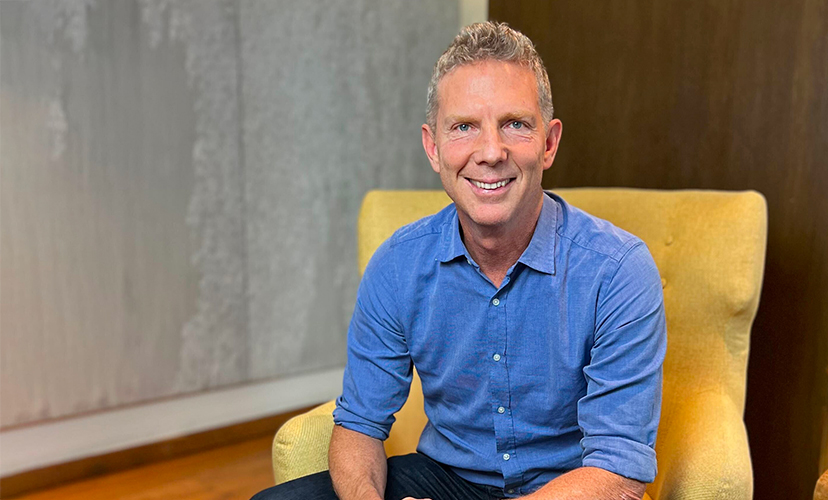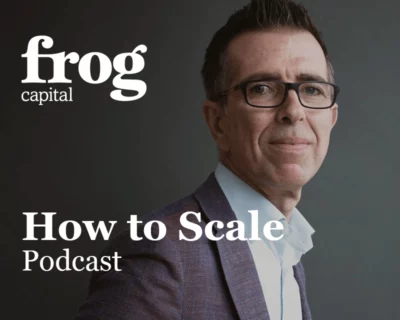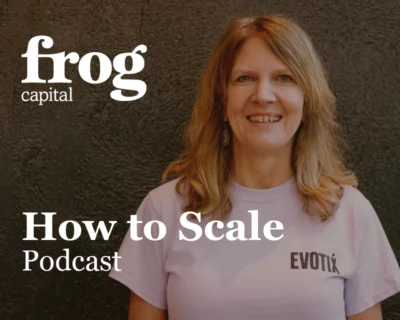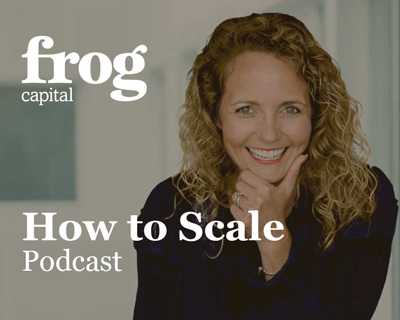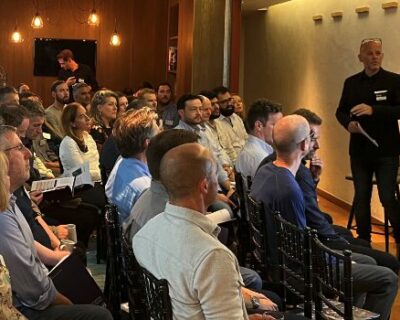Initially I was sceptical about even reading ‘Belonging‘, given the talk of ‘ancient codes’ and ‘togetherness’ which aren’t typically my thing. However, it has had a surprisingly powerful effect on me and the way I think about both work and life in general. In fact, it’s the only book that has caused me to seek out the author, so I can hear more (Zoom call all booked in!).
Belonging, by Owen Eastwood, explores the concept of belonging and how it impacts our lives, both individually and collectively. Or in simpler terms, we all know what ‘not belonging’ feels like and Eastwood explores how this comes about and ways teams can address it.
Eastwood, a Kiwi performance coach and consultant, draws on his personal experiences and interviews with a wide range of individuals, from athletes to CEOs, to illustrate how a sense of belonging is critical to human happiness and success. The list of top sports teams that Owen has been a catalytic agent for is, well, quite unbelievable (All Blacks, South African rugby, England Football). Credibility, tick.
Eastwood’s central thesis is that as humans, we need (like really need) to feel like we belong and we respond significantly to a sense of shared identity. Conversely, we react pretty badly to being treated like outsiders or being in groups of people that we don’t trust or don’t feel trusted by. Eastwood examines what causes people to feel the opposite; cliques, power plays, and status and delves into how trust functions. Humans as groups and teams have a myriad of ways to make individuals feel like outsiders.
Outsiders, it turns out, don’t perform to the best of their ability and the whole team ends up underperforming. This is really the punchline. If you’re a leader and people in your team don’t feel like they belong, they will not perform to their best. Eastwood provides several top-level sports examples where a team has all the ability on the team sheet, but is unable to perform, typically due to there being a lack of a unifying direction and way of operating that people have genuinely bought into.
Eastwood provides a list of elements he feels are critical for teams and individuals to build trust and perform well: authenticity, loyalty; competence; consistency; adaptability and emotional availability.
- when people in teams consistently don’t do what they say they’re going to do, then you have a problem
- if a lack of loyalty to the group is tolerated, this causes underlying issues
- people need to feel competent; if people don’t feel or indeed are not competent, then the team will suffer
- the behaviour and performance of team members, especially leaders, needs to be consistent
- if individuals in the team are not ‘there for you, when you need them’, trust breaks down
‘Alphas’ (as in ‘alpha male’) are singled out as needing firm and effective management otherwise their competitive streak will splinter the group and undermine the holistic alignment you are working towards.
Eastwood’s contention is that, without a sense of where they have come from, why they do what they do, how they have agreed to do what they do and where they are going, a team members will lack the authentic, singular purpose that brings the group together and sees them through challenging times. Leaders need to articulate & facilitate these clearly, both to engage new joiners but also to sustain the engagement of longer term team members.
Eastwood reminds us as that one’s trust in a team is fragile, hard fought to build and easily lost with a sly comment or clumsy management. Belonging is not a permanent state. It is jostled by the behaviours of the rest of the group and sensitive to mixed-signalling. A sense of belonging (or not) is present in your team, like it or not. It’s real, right now. Eastwood brings clarity to how teams can build can build awareness and authenticity that keeps people performing at their best.

